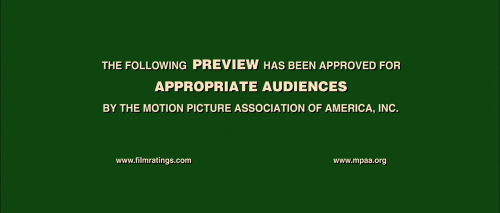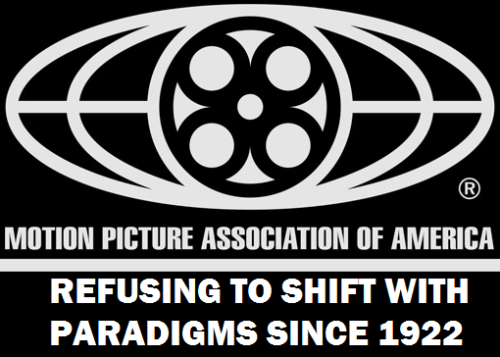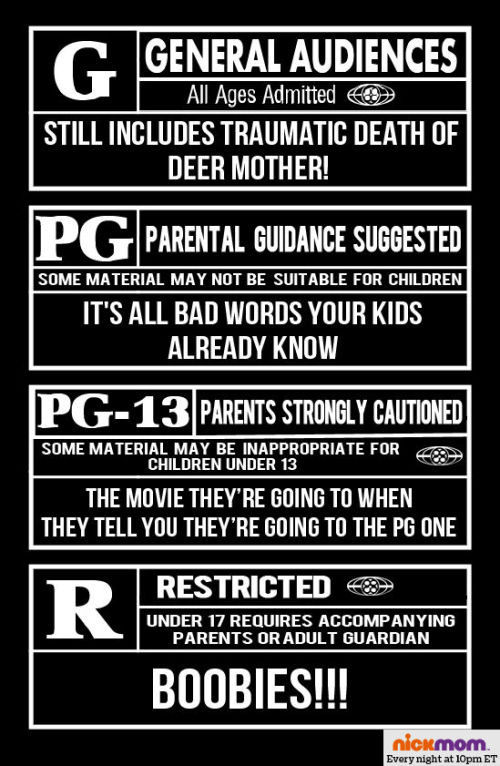When thinking of recent movies like Gone Girl, Fury and John Wick, the last thing anyone tends to remember is that these critically acclaimed movies are scrutinized and analyzed by the Motion Picture Association of America (MPAA). The MPAA is hardly an organization that has garnered love and respect among filmmakers, actors or critics.
Funny enough, according to a new study recently published by the University of Pennsylvania’s Annenberg Public Policy Center (AAPC), the MPAA and its efforts to place ratings on all films seems to be even more irrelevant than many had originally thought.
According to the center’s research, parents have become more desensitized to violent and sexual acts in films. Not only that, but many parents who work for the MPAA are considered to be just as desensitized to similar situations depicted in movies. To put it bluntly, anyone who is physically capable of watching a movie is just as qualified to rate a film as anyone currently working for the MPAA. Tough profession, right?
The researchers had 1,000 parents with children of various ages to complete an online survey. The survey consisted of film scenes ranging from PG-13 to R. The scenes that were shown were initially targeted at children and young adults. According to the report, when parents first viewed a scene that included graphic sex, they were more inclined to say that the scene in question was not appropriate for children less than 17.2 years of age. However, after watching several more scenes filled with sex and violence, parents became more lenient and considered the material to be just inappropriate for children under the age of 17.
As the study went on, parents watched even more scenes from movies filled with all sorts of naughtiness. The final results were startling, and revealed that parents would allow children of 14 years of age to watch scenes with graphic sex, and children of 13.9 years of age to watch violent scenes. Taking what they learned from their study, researchers began to question whether those working for the MPAA were just as desensitized as the parents who took the online survey.
In case that wasn’t enough, a 2013 study from the APPC showed that violence in PG-13 movies has tripled since 1985. In addition to those results, researchers found that violence, sexual acts and consumption of alcohol was found in just as many PG-13 movies as R-rated films.
So, what should be done about the MPAA and the way they rate movies? It’s so easy to find articles online talking about how a complete reinvention of the rating system is needed. Whether it’s changing the content that is allowed to be included under a specific rating, or borrowing the rating system from the equally flawed Electronic Software Rating Board (ESRB), there seems to be no discernible answer. In all honesty, there really isn’t one. As the study pointed out, people who are exposed to graphic content over time become desensitized to it. Whether it’s parents, critics or employees of the MPAA, it’s just going to happen. If anything, this study, and many of the ones before it, proves the uselessness of the MPAA. For now, use your noggin to determine whether a film is appropriate for your children. Well, unless you’re desensitized to graphic sex and violence, which is most likely the case if this study is to be believed.
Via nickmom.com
This study, entitled “Parental Desensitization to Violence and Sex in Movies,” will eventually be published in the November issue of Pediatrics, but for those interested in seeing the results now, the study can be found here. Also, the clips used in the study are available to be seen as well. Please watch with caution. Scenes from Taken 2, Live Free or Die Hard and Terminator Salvation may cause intense exasperation and nausea. Viewer discretion is advised.
What do you think reader? Does this study further prove the MPAA is obsolete? Do you disagree? Let us know in the comments below!
Source: Cinema Blend and The Annenberg Public Policy Center


 If you have a few extra dimes to spare, please help us help a fan in need. Thank you!
If you have a few extra dimes to spare, please help us help a fan in need. Thank you!







